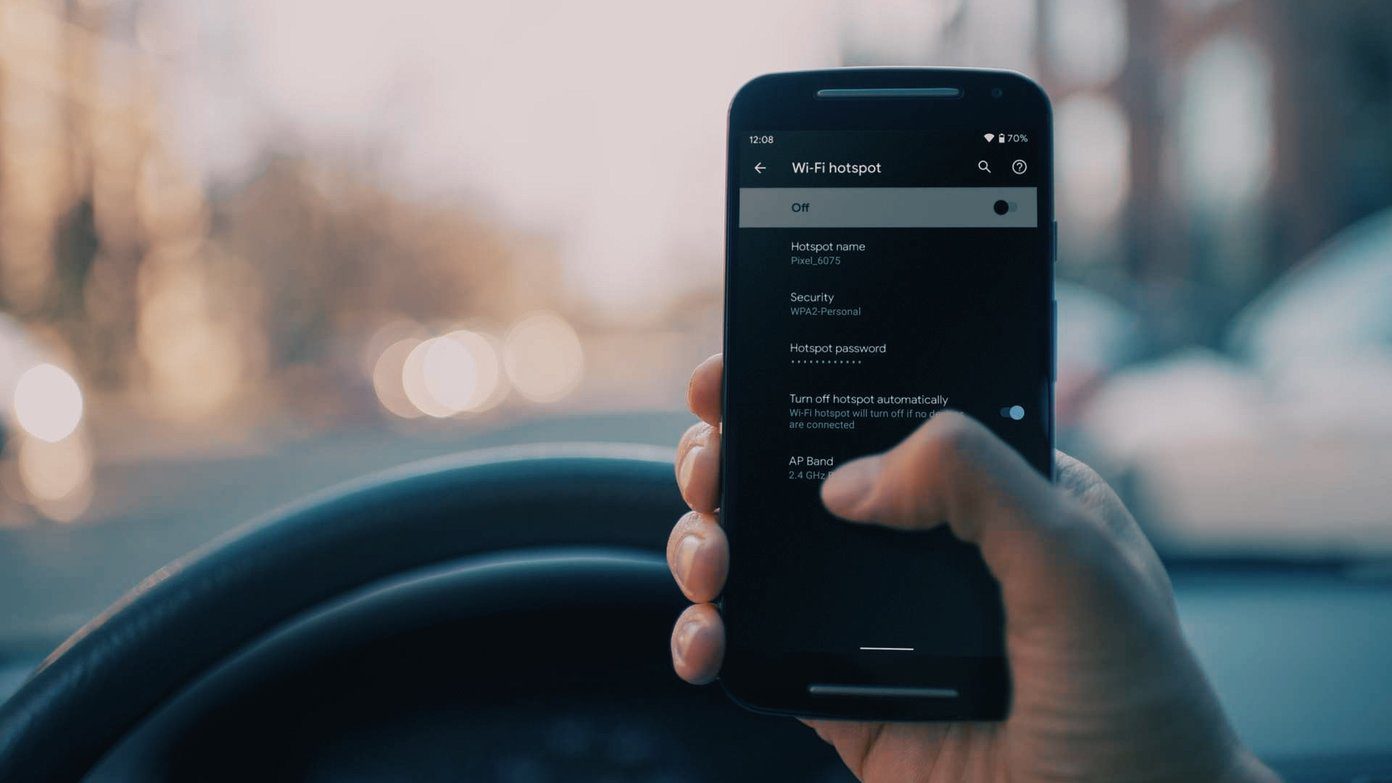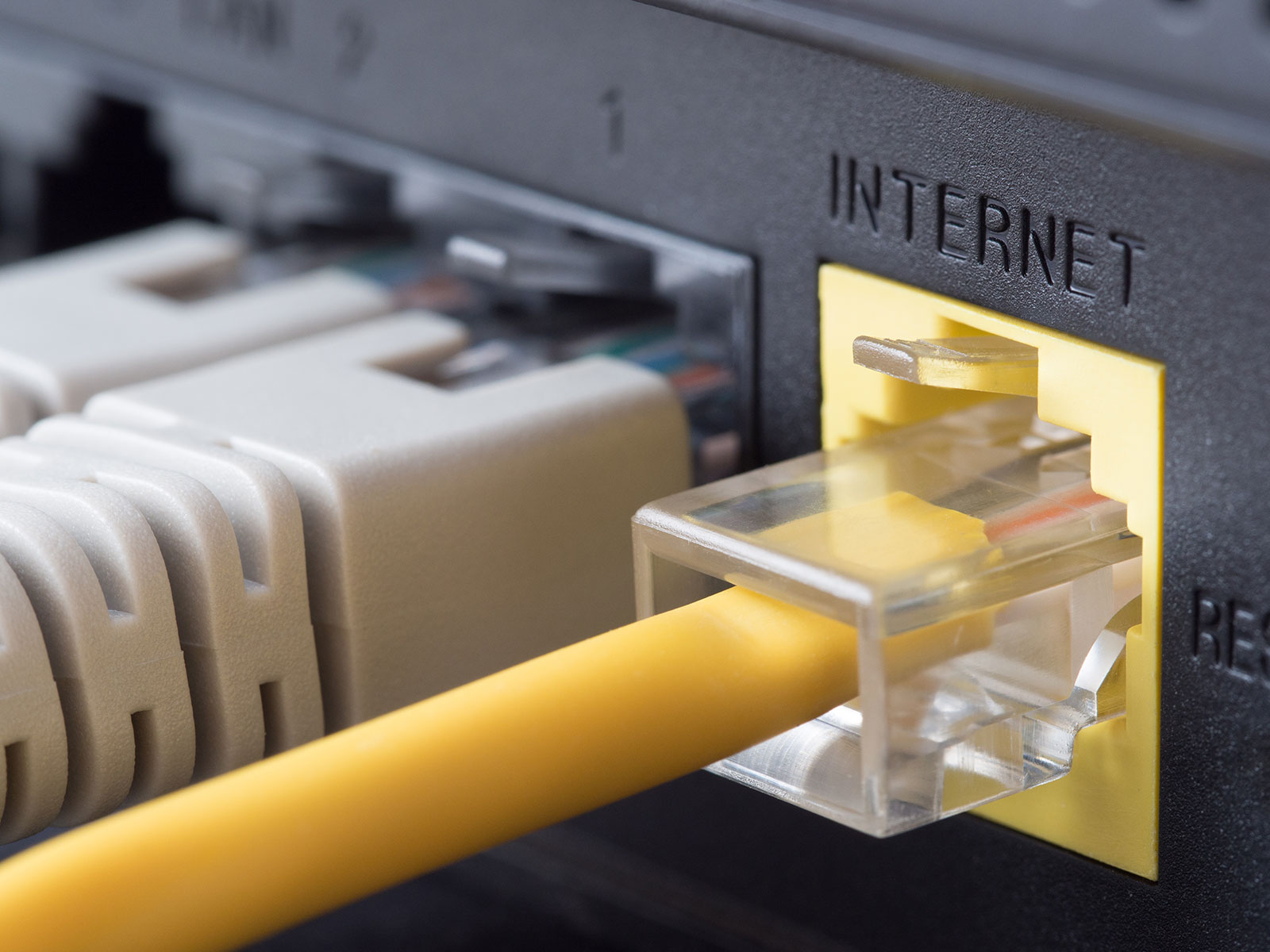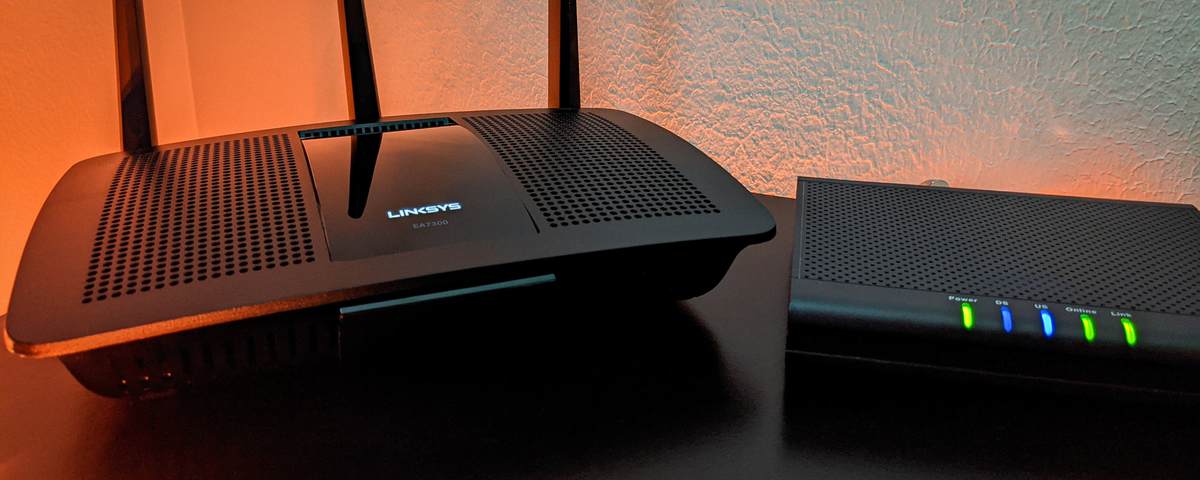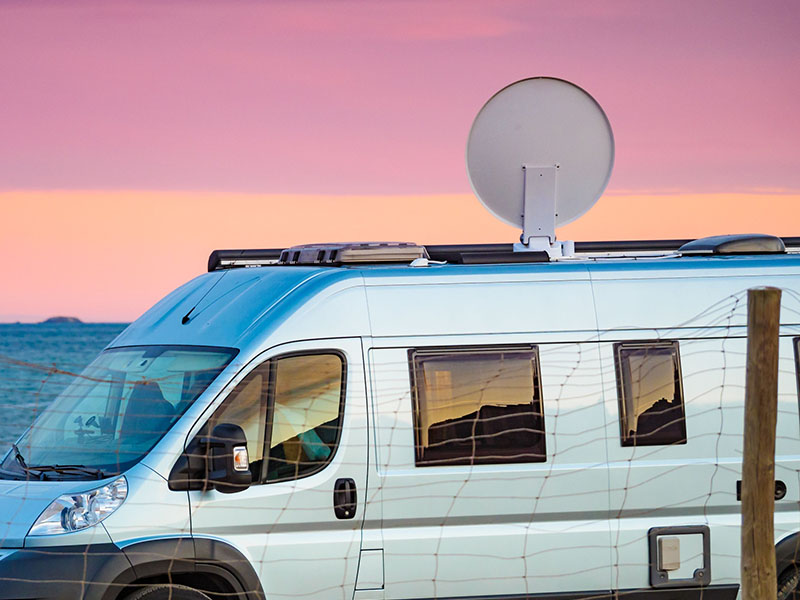Traveling in an RV gives you a great deal of freedom and flexibility. It’s one of the most enjoyable ways to travel while taking your things with you on several trips or visiting your friends and family.
When you are on these exciting trips, it is very important to have a proper reliable internet connection for your RV for things like using the maps or looking up locations and directions.
While basic utilities are available at full setups, getting a reliable internet connection while traveling is not always simple. There are many options out there for you to find the best internet connection for your RV.
Depending on how frequently you travel, how long you stay in one place, where you go, and how you use the internet, these will help you stay connected to the rest of the world.Any service that is wireless and portable will basically function in an RV. However, some services will perform better than others.

So, how can an RV stay connected and access high-speed internet? And how do you get stable internet access in your RV?
Here are some of the best internet options available for RV owners.
Best Ways To Get Internet connection in your RV
1. Free Internet Access And Public WiFi

The number of places that give a free WiFi signal will surprise you. One of the first spots that offer free WiFi in coffee shops, restaurants, and cafes. This a great way to relax and get free internet for your RV while you get something to eat. You can ask them for their WiFi password when you get food and drinks, or it’s usually written somewhere at the counter. These places usually have small parking areas where their WiFi connection might need to be fixed, so it’s best to go inside.
The other two generally well-liked places where free WiFi is most likely to be found are libraries and university commons.
These locations with free WiFi could have security risks. However, there are probably better places for important and personal things like handling your online banking. Security problems and spyware have affected many people when using a public WiFi network. Aside from security concerns, the major downside of these free internet options is that they are location-specific. These locations might be ideal pit stops for a treat while you plan and explore the details of your next trip.
2. Hotspot through Cellular Data

A few years ago, hotspots for cellular data came with high data costs and differed significantly in speed depending on where you were, especially if you needed Internet for your RV.
Many rural populations who tried to switch from home satellite internet to cellular hotspots were frustrated by unexpected data charges and hours spent double-checking data use.
The now-outdated 3G networks were mainly to blame for these problems. 4G cellular networks these days are very reliable high-speed internet connections, and the following 5G networks may ultimately exceed cable WiFi signals providing internet for your RV.
Most of today’s cell phones can create a hotspot. Once connected, this signal can be used with a laptop or compatible smart TV. This will be good enough for basic tasks like checking your email and safely entering your online banking account. Suppose you want to watch TV online or listen to your favorite music playlists. This could be your go-to option.
3. A Mobile Hotspot
In general, a mobile hotspot is a wireless router. Most cellular service providers charge a separate monthly service fee for it as a different line. But many will let you “Suspend” the service for no extra charge for up to three months at a time. You could do this twice a year.
This means that you can suspend the hotspot from late fall to early spring when you are less likely to be traveling in your RV. The mobile hotspot can then be turned on for the summer when you need internet in your RV. The primary benefit is that many users can safely connect to the mobile hotspot without decreasing performance.
The Cost Of Data For A Mobile Hotspot
The data usage cost was the main disadvantage of using a mobile hotspot to connect to the internet. Even ‘Group’ and ‘Family’ plans are still ‘Charged by the Gig’. Due to this, they became a good choice for sending emails, checking social media, and even watching a video. Watching longer films or using streaming services used too much data, and users of mobile hotspots would be charged heavily for going over their spending limit.
Due to the increasing supply of unlimited plans from cellular providers, this problem is becoming less of an issue. Even the most significant cable internet service providers are stepping in by including their wireless services as a companion package. You must sign up for lengthy contracts to “Lock In” your rate and “Lock You In” as a customer. This is how they get paid for these excessive amounts of data.
Most also ask that you buy one or more gadgets from their partner companies. This means that you will have to compare prices. The market leader today will probably be replaced within a month or three. Fortunately, their prices are almost always similar to that of others.
4.An RV Cellular Booster
The internet signal strength can often be quite weak for your RV. This could result from the location of a nearby tower, the height, or the nearby forest. RV enthusiasts often use cellular boosters as a solution to problems like these. While some more advanced cellular boosters can cost as much as $400, some more affordable devices can be found for less than $50.
The nature of your signal strength problem will influence which internet connection is best for your RV. The nice thing about the cellular booster is that you can connect your phone to it and use it to improve the efficiency of your internet hotspot. This lets family members keep in touch even when they are far from the outside world.
5. DSL and Cable

This is another method of internet connection that requires constant use. If your preferred method of RVing involves a lot of roaming, there are better choices than this. In some areas of the RV community, however, the RV itself acts as a “Home Base,” allowing a second vehicle to explore the surrounding area.
Of course, having a reliable connection with usually fast broadband data speeds is helpful in this situation.
6. RV Parks Offering Cable Access

Some RV parks are mindful of the need for connections for reliable internet for RVs. Some will push this level of access to get an advantage over their significant neighbors. For example, RV parks might be far from the region’s top attraction. You often connect to their wireless router’s internet signal using a wireless connection like WiFi. There could be one or more wireless routers with unique login credentials.
Some RV parks provide access to full connection pads or ports on a seasonal basis. A great way to park your RV for the season while visiting the nearby sights is to sign up with one of them. Most of these RV parks offer a seasonal membership with an extra benefit like cable internet or access to their cable-based wireless network for your RV.
7. Cable Internet Through a Wireless Modem

Cable internet via a wireless router is available outside a few modest RV sites. Any wireless modem is required to connect to it. Most frequently, a laptop is used for this. A wireless modem is a standard feature of most high-quality laptops sold in stores.
Many people enjoy watching their favorite shows at the same time. Make sure an HDMI cable is included if you wish to update your electronics or the internal entertainment systems in your RV. Their connection is quite simple. You only need to keep your laptop close to a stable 120 Volt electrical outlet and an HDMI cable long enough to connect to your TV.
While the laptop can work on its internal battery for a while, streaming video surprisingly uses up the charge quickly. Using the laptop as a DVD player to watch some of your favorite movies is another advantage of this setup. It can save money from buying a DVD player that might only be used sometimes if you travel on a tight budget.
8. WiFi Via a Smart TV

Since more studios offer 4K resolution options, intelligent TVs have grown even further.
Depending on age and brand, the inbuilt modem may detect and connect to other WiFi signals and wireless cable internet routers for your RV.
Access to streaming services and audio is helpful in this situation. Many provide free, limited-time subscriptions to well-known online TV services like Hulu, Netflix, or Amazon Prime. The disadvantage is that online banking and email sending still have unpleasant user interfaces, even with excellent design.
9. Internet through an RV Satellite

Long back, satellite internet was seen as the most effective means of bringing decently fast internet for RVs to remote areas. It might have begun as a way to access email for farmers and ranchers. Since then, it has grown into a potential choice for RV owners.
Just keep in mind that not all satellite service providers offer internet connectivity. Also, it’s usually not something you can use on the go. Highway airspeeds and satellite dishes go poorly together. Once you reach your desired size, you often need to put it up.
You should consider comparing with short-term, monthly rates because many of these satellite internet services offer better rates for long-term contracts. For some streaming services, the signal’s speed might need to be increased, which could cause delays and unpleasant buffering times.
As a result, There is a wide range of options to consider when providing your RV with a strong internet signal. Making a complete listing of your needs and how you plan to use them is the first step. This will allow you to filter the choices that are best for you.
Wrapping Up
Fast food restaurants, coffee shops, and libraries offer free internet for your RV. Or you can get internet for your RV through the hotspot on your smartphone, which may be all you need if you only check your email once a day and look up directions for the next leg of the journey.
You can get a good deal based on what they offer if you plan to park up for the summer to take advantage of an RV park’s seasonal membership.



